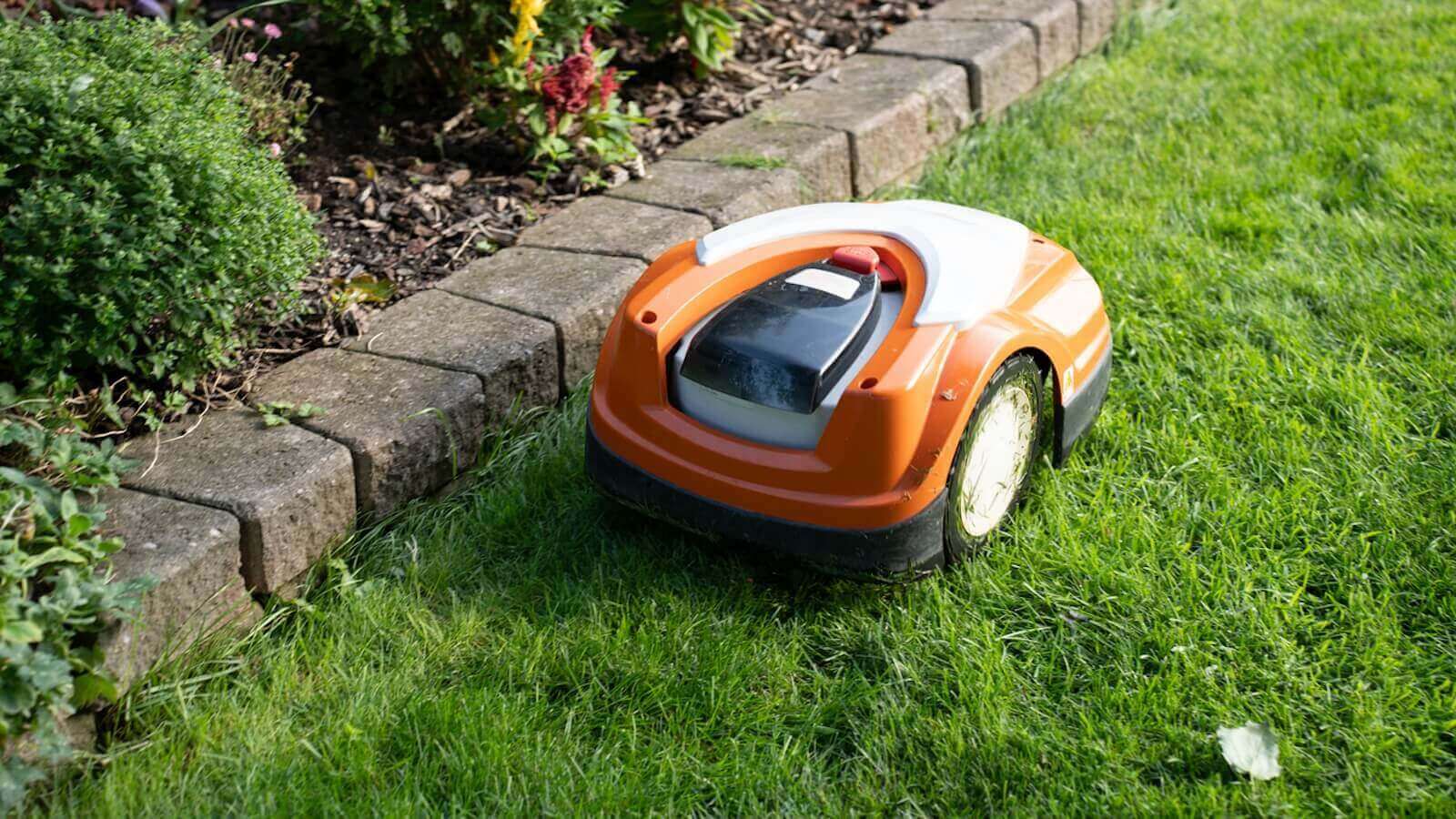Introduction
Exploring the cost-effectiveness of robot lawn mowers compared to traditional lawn services is becoming increasingly relevant for homeowners. With technological advancements, the allure of automating lawn care with a robotic mower is tempting for those tired of manual upkeep. Yet, the financial implications of such an investment can be substantial when compared to hiring professionals.
Analyzing Costs: Robot Mowers vs. Professional Services
While the idea of sitting back while a robotic mower does the work sounds appealing, initial costs for high-quality, autonomous mowers are significant. Brands like Husqvarna, Ambrogio, and Worx offer mid to high-tier models that might cost more initially than a year’s worth of professional lawn care services. For example, a top-tier robotic mower could exceed the expense of weekly professional lawn maintenance which averages around $1,040 annually, based on a rate of $40 per visit.
Long-term Investment: Evaluating the True Cost of Robotic Lawn Care
Purchasing a robotic lawn mower like the Husqvarna Automower 430X or the Mammotion LUBA AWD 5000 is an investment in long-term convenience and efficiency. These machines, designed to last several years, come with warranties that protect their hardware and batteries, potentially offering a good return over time. In contrast, professional services provide immediate, hassle-free care without the upfront hardware costs but require ongoing financial commitment and can contribute to environmental pollution through gasoline emissions and transportation.
Environmental and Operational Considerations
Switching to a robotic mower might reduce the carbon footprint associated with traditional gasoline-powered mowers and the transportation emissions from service crews traveling to your property. This environmental saving aligns with the increasing push towards greener, more sustainable home maintenance solutions. However, the energy consumption of robotic mowers still depends on the source of your electricity grid, highlighting the importance of considering all environmental impacts.

Conclusion
Deciding between investing in a robotic lawn mower and opting for professional lawn care services involves weighing the upfront costs against long-term benefits and environmental impact. While robotic mowers promise convenience and potentially lower long-term costs, professional services remain a practical option for those avoiding large initial investments. Homeowners should consider their specific needs, lawn size, and financial flexibility when choosing the best lawn care solution for their lifestyle.
FAQs
- Which is more cost-effective in the long run, robotic mowers or professional services?
- Depending on the model and usage, robotic mowers may offer more savings over time compared to the recurring costs of professional services.
- Can robotic lawn mowers handle large properties as effectively as professional crews?
- Advanced models are capable of managing significant lawn sizes, but very large or complex landscapes might still benefit from professional care.
- What are the environmental benefits of using robotic lawn mowers?
- Robotic mowers reduce emissions related to gasoline and diminish noise pollution, contributing to a cleaner environment.
